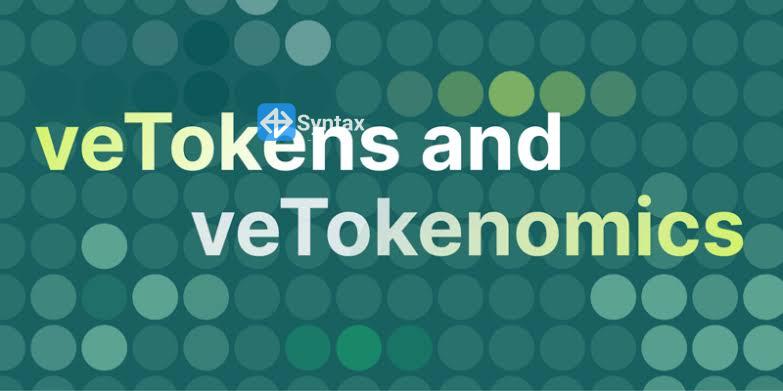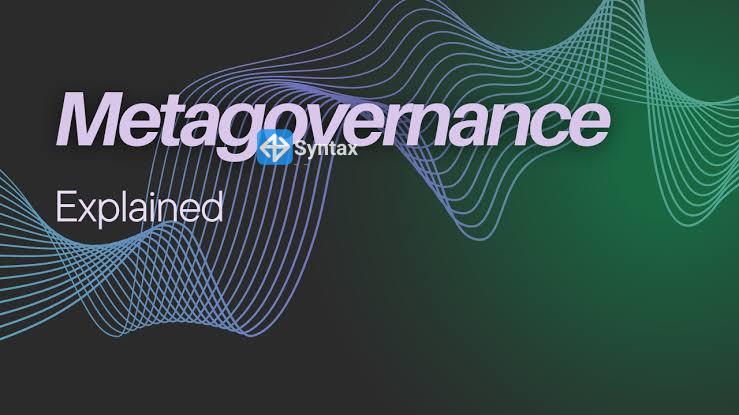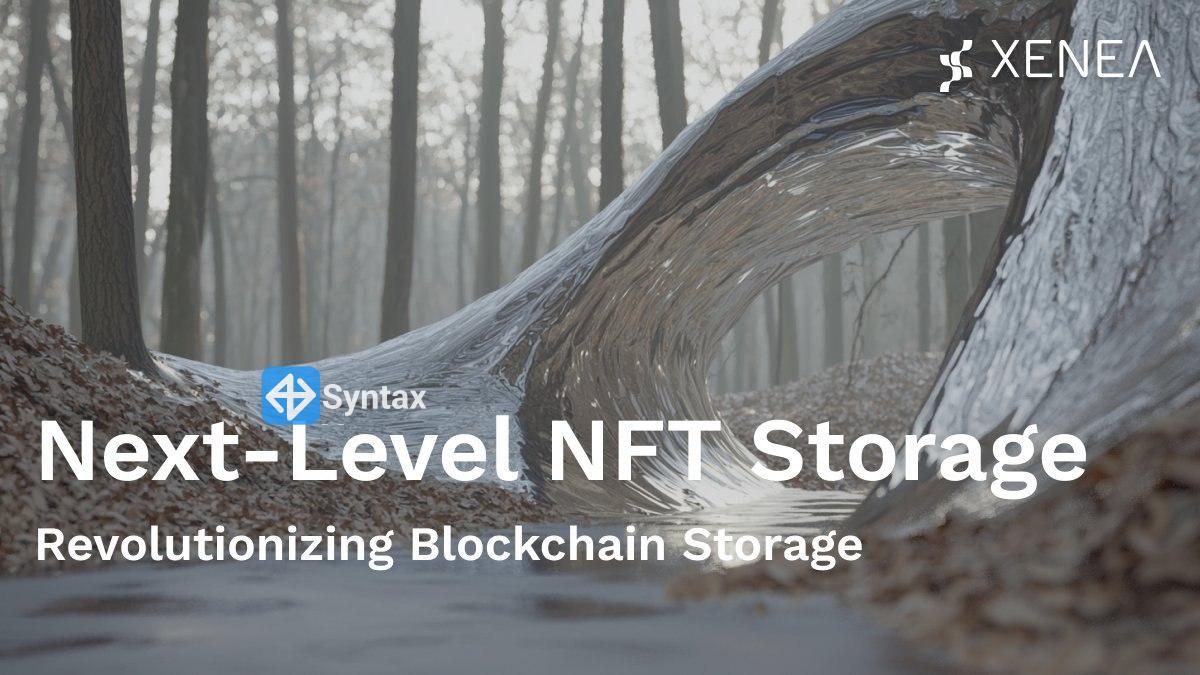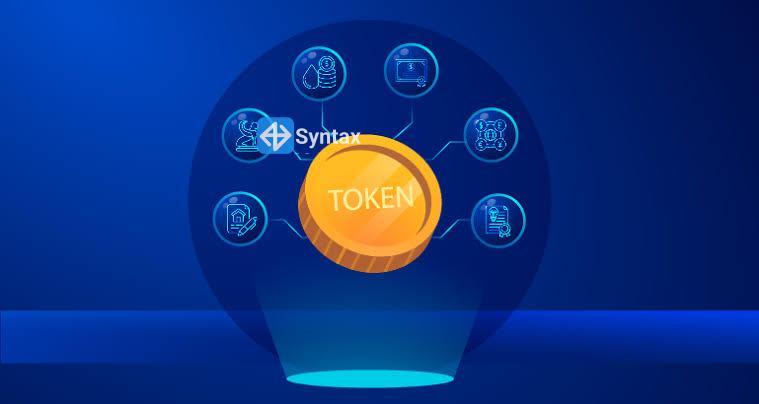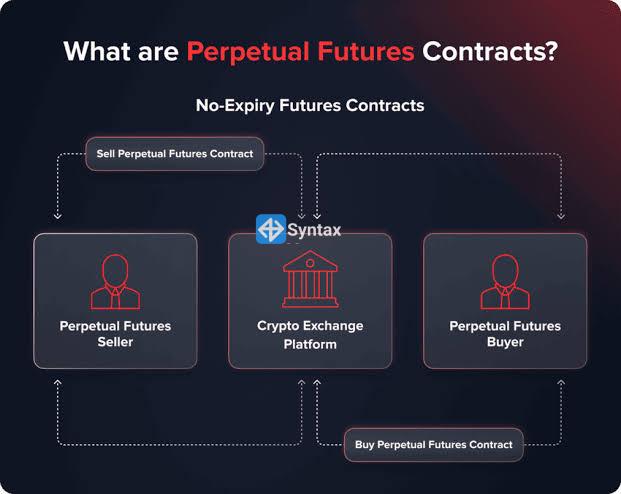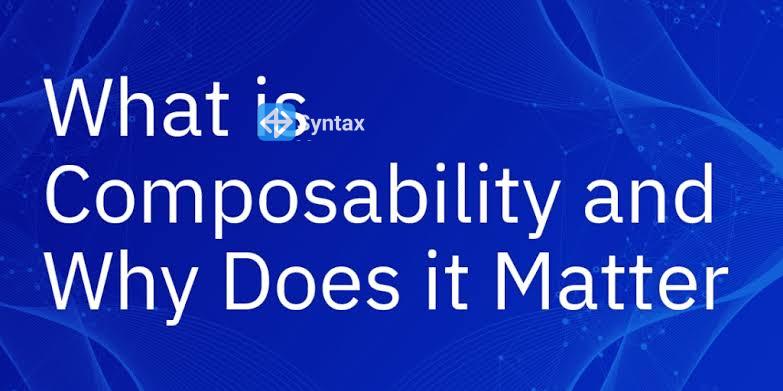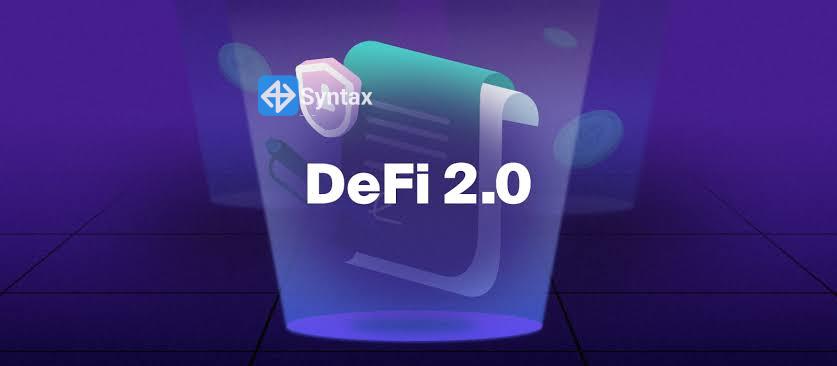Solidity is a high-level, statically-typed programming language specifically designed for writing smart contracts on Ethereum and other EVM-compatible blockchains
Here's a more detailed explanation:
Smart Contracts:
- Solidity is the primary language for creating smart contracts, which are essentially self-executing agreements stored on a blockchain. These contracts automate tasks and transactions once certain conditions are met, eliminating the need for intermediaries and promoting trust and transparency.
Ethereum Virtual Machine (EVM):
- Solidity is designed to be compiled into bytecode that can be executed by the Ethereum Virtual Machine (EVM). This makes it the go-to language for developing on the Ethereum blockchain.
Object-Oriented:
- Solidity supports object-oriented programming principles, allowing developers to create reusable code components (contracts) with state variables and functions.
Statically Typed:
- Solidity uses static typing, which means that the data type of a variable is known at compile time, helping to catch errors early in the development process.
Influences:
- Solidity borrows syntax and features from languages like JavaScript, Python, and C++, making it relatively accessible for developers familiar with these languages.
Applications:
- Solidity is used to build various dApps, including crowdfunding platforms, voting systems, decentralized finance (DeFi) applications, and more.
Community:
- Solidity is an open-source project managed by a core team, with contributions from the wider Ethereum community.
🚀 Where to Use Solidity
You can write and deploy Solidity contracts using:
- Remix IDE (web-based)
- Hardhat / Foundry / Truffle (development frameworks)
- MetaMask (to interact with deployed contracts)



